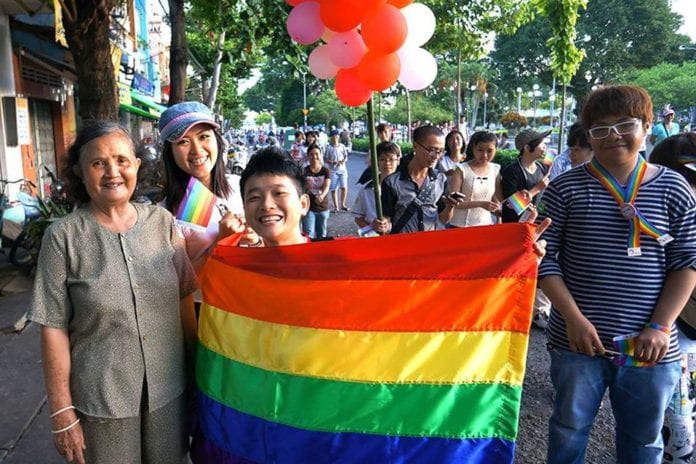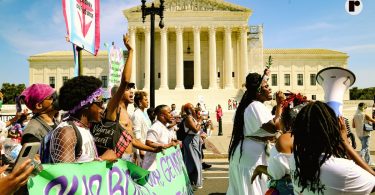LGBT Travel and Tourism is big business in Taiwan. According to Gay Travel Asia, the island Province has one of the largest and the best gay scenes in Asia. There is, however, no reference to LGBT travel is visible on the Official Taiwan Tourism Website.
A setback in LGBT law was set by Taiwanese voters and passed a referendum asking that marriage be restricted to one man and one woman. This was a shocking surprise by LGBT couples hoping their island will be the first place in Asia to let same-sex couples share child custody and insurance benefits.
Lesbian, gay, bisexual, transgender (LGBT) rights in Taiwan, formally known as the Republic of China, have been regarded as some of the most progressive in East Asia and Asia in general. Both male and female same-sex sexual activities are legal; however, same-sex couples and households headed by same-sex couples are not yet eligible for the legal protections available to opposite-sex couples.
The Taiwanese Government (Executive Yuan) first proposed the legal recognition of same-sex marriage in 2003; however, the bill received mass opposition at that time and was not voted on. Discrimination on the basis of sexual orientation, gender identity and gender characteristics in education has been banned statewide since 2004. With regards to employment, sexual orientation discrimination has also been prohibited in law since 2007.
The Taiwan Pride in 2015 was attended by nearly 80,000 participants, making it the second largest LGBT pride in Asia behind the parade in Tel Aviv, Israel, which has led many to refer to Taiwan as one of the most liberal countries in Asia. By 2018, attendance had grown to 137,000 participants.
On 24 May 2017, the Constitutional Court ruled that the current marriage laws are unconstitutional and that same-sex couples should have the right to marry. The court has given the Parliament (Legislative Yuan) a maximum of two years to amend or enact laws so that same-sex marriage is legally recognized. According to the court ruling, if the Parliament fails to do so by 24 May 2019, same-sex marriage will automatically become legal.
Voters on Saturday decide the fate of 10 ballot measures Saturday, among them five that touch on the legality of same-sex marriage and whether LGBTQ issues should be taught in schools. The strong opposition complicated last year’s court order for legalization of same-sex marriage, a milestone that LGBTQ activists said would be a first for Asia.
Taiwanese voted Saturday in midterm local elections that are seen as a test for the ruling party and a referendum on the island’s chilly relations with China, which has ramped up pressure on Taiwan to abandon any thought of independence.
Activists are mobilizing first-time voters for the gay marriage rights measures because “a lot of younger people understand the idea of gender equality,” said Chang Ming-hsu, project manager with the Taipei-based advocacy group Gender Equity Education Coalition. Religious groups here oppose same-sex marriage.
The result was disappointing for LGBT leaders. The vote on Saturday, organized by Christian groups that make up about 5 percent of Taiwan’s population and advocates of the traditional Chinese family structure, goes against a May 2017 Constitutional Court ruling. Justices told legislators then to make same-sex marriage legal within two years, a first for Asia where religion and conservative governments normally keep the bans in place.
Although the ballot initiative is advisory only, it is expected to frustrate lawmakers mindful of public opinion as they face the court deadline next year. Many legislators will stand for re-election in 2020.







